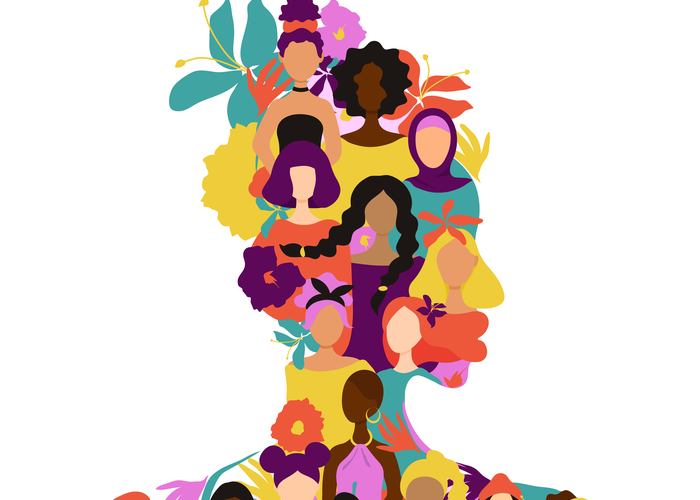‘We must not tire in the tough battle for gender equality’
February 11A blog by Amba Idongesit
How did it start? I ask myself. How did we get to the point where the prospect of being treated fairly is dependent on your gender? How long are we going to keep talking about solutions? When is this going to be followed by decisive action to ensure gender discrimination is a thing of the past? Will we ever be able to finally breathe a sigh of relief and say, “yes! we are living in a world where equity and fairness are the norms, and women’s rights have been fully realised?”
Sometimes, the talk about equity becomes tiring and you just want to live your life and not concern yourself with the issues. After all, this is the world we grew up in. This is the status quo. Isn’t it easier to keep your head down and focus on surviving as best as you can?
So you try to tell yourself that it is not your problem if women’s economic empowerment and contribution, and their ability to access leadership roles in politics and in virtually every industry and field is being willfully hindered by deeply ingrained prejudices and inequalities. Really, what does it matter if women are presumed to be second-best? What should matter is that I am okay; especially if speaking up could risk my job and my ability to sustain myself and my family.
And just like that, the silence becomes a way of life. It’s definitely easier than having to protest and advocate and demand change. In fact, you become an expert at silence, and you watch quietly as the plague of patriarchy, sexism and abuse continues to thrive and define our societies, countries and our world.
And you continue to reap the meagre rewards of this silence until, eventually, something happens. It could be you, your sister, your daughter, your mother or your friend. It could be the frustration of a stalled career; the curtailing of your entrepreneurial pursuits; or a traumatic, life-changing sexual assault for which obtaining justice is an uphill battle.
Whatever it is, it stops you in your tracks and you suddenly realise that silence is no longer an option, because there is no chance that you or those you care about will remain untouched by this inequality and this injustice. In virtually every aspect of life – religion, culture, politics, and our justice systems – the odds are stacked against women.
The sad fact is that too many women have a gut-wrenching story to tell – of being abused, marginalised or being excluded. The figures don’t lie. According to UN women: “Women serve as Heads of State or Government in only 21 countries, and 119 countries have never had a woman leader.” They further point out that, at the current rate, it will take another 130 years to achieve parity in leadership at this level.
Their statistics on violence against women are just as shocking: “Globally, 35 per cent of women have experienced physical and/or sexual intimate partner violence, or sexual violence by a non-partner.” Worst still, this figure does not include sexual harassment. Some national studies show that this number “…can be as high as 70 per cent of women, and that rates of depression, having an abortion, and acquiring HIV are higher in women who have experienced this type of violence compared to women who have not”.
This abuse and exclusion is happening everywhere – in homes, in schools, at work and even in places of worship. Sadly, the perpetrators are sometimes people that we should trust or those we look up to. And they are often protected by a wall of silence – those who know and decide to take the easier route of saying and doing nothing.
My message to everyone, whatever your gender, is to be part of a generation of equality. Be part of the generation of change. Volunteer to an organisation that helps vulnerable women; be a mentor; if you are recruiting, ensure your selection process is fair; join groups and local and national coalitions aimed at empowering and protecting women, or contribute to consultations and global agenda-setting forums.
Perhaps most important, if it is safe to do so, speak up when you see injustice or report it to someone who can help. To those who are victims, remember that you are not alone. There are many organisations and groups fighting for you. Don’t hesitate to seek help and protection.
The worst thing we can do in this battle for equality is to remain silent. If we each speak up, our combined voice will be too loud and too powerful to ignore.
Useful links:
https://thecommonwealth.org/commonwealth-says-no-more
https://www.unwomen.org/en/what-we-do/ending-violence-against-women




